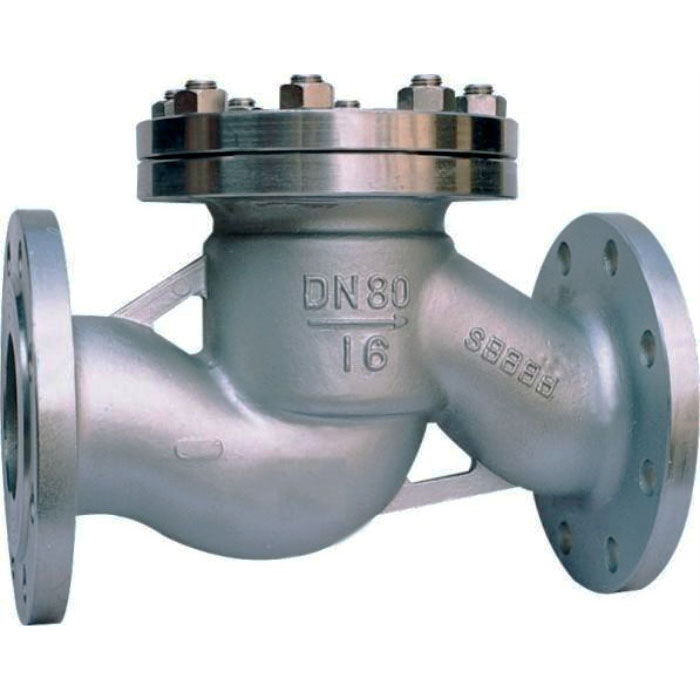Metal Valve Corrosion and Synthetic Material Valve Applications

Corrosion of a valve is generally understood to be the damage of a valve metal material under the action of a chemical or electrochemical environment. Since the "corrosion" phenomenon occurs in the spontaneous interaction between the metal and the surrounding environment, how to isolate the metal from the surrounding environment or use more non-metallic synthetic materials has become a common concern.
It is well known that corrosion damage of metals has a considerable influence on the duration of action, reliability and service life of the valve. The effect of mechanical and corrosive factors on the metal greatly increases the total amount of wear on the contact surface. During operation of the valve, the frictional surface is subject to wear and damage as a result of simultaneous mechanical action and chemical or electrochemical interaction of the metal with the environment. For valves, the climatic conditions of pipeline work are complex; the presence of hydrogen sulfide, carbon dioxide and certain organic acids in media such as oil, natural gas and oil layer water increases the destructive impact on the metal surface.
The chemical corrosion of metals depends on the temperature, the mechanical load of the friction parts, the stability of the sulfides, their acid resistance contained in the lubricant, the duration of contact with the medium, and the catalysis of the metal on the nitriding process, and so on. Therefore, the anti-corrosion method (or measure) of metal valves and the application of synthetic material valves have become one of the themes of current valve industry research.
I . The corrosion protection of metal valves
It can be understood as the protection of the metal valve on the protective layer (such as paint, pigment, lubricating material, etc.) that protects it from corrosion, so that the valve that is manufactured, stored, transported or in other processes is not subject to corrosion.
The method of corrosion protection of metal valves is determined by the required protection period, transportation and storage conditions, valve construction characteristics and materials, and of course, the economic effects of anti-corrosion are considered.
There are four main methods for preserving metal valves and their components:
1. Place the volatile corrosion inhibitor in the atmosphere (wrapped with resist paper or blown to inhibit air from passing through the product chamber, etc.).
2. Use water and alcohol solutions that is inhibited
3. Apply a thin layer of anti-corrosion (protective) material to the surface of the valve and its components.
4. Apply a thin layer of resisted film or polymer to the surface of the valve and its components.
(Note: At present, valve manufacturers widely use lubricating materials and water resistance to dissolve the liquid to prevent corrosion.)
II. the application of non metal valves
Synthetic valves are superior to metal valves in many corrosive conditions, first of all corrosion resistance, followed by net weight, and their strength depends on the shape, arrangement and number of reinforcing fibers. (In general, the greater the percentage of fiber, the greater the strength of the composite.) In valve applications, the weight of the fiber is generally in the range of 30% to 40%, and its chemical stability is mainly encapsulated in the final product. The resin's bulk properties are determined by the fiber. In synthetic valve, the solid polymer body can be either thermoplastic (such as PVC-polyvinylidene fluoride, PPS-polyphenylene sulfide, etc.) or thermosetting resin (such as polyester, ethylene and epoxy resin). Wait). The thermosetting resin retains its strength at a dielectric temperature better than a thermoplastic (ie, the thermosetting resin has a higher heat distortion temperature). (Note: In the working conditions, the measurement of the heat resistance of the synthetic material is called the heat distortion temperature.)
If you would like to know more information, please contact us at: sales@jhflow.com